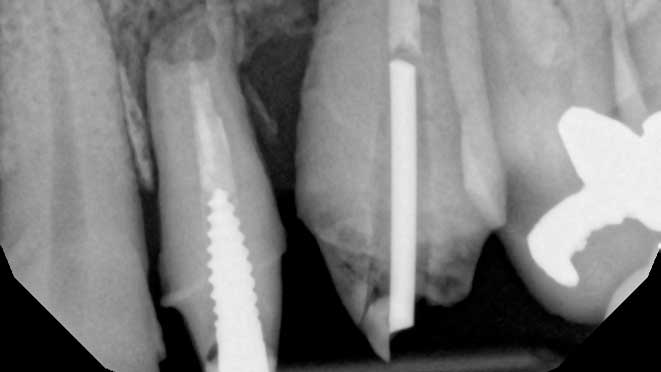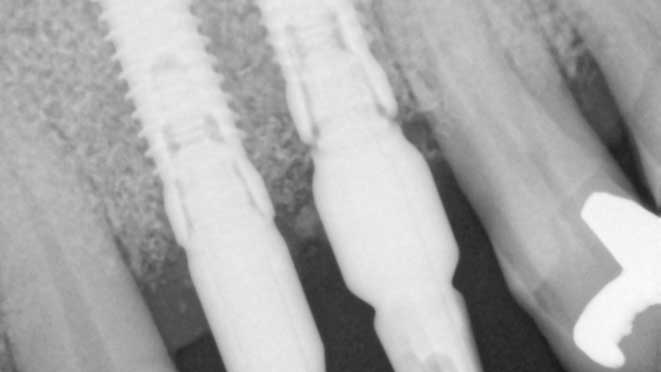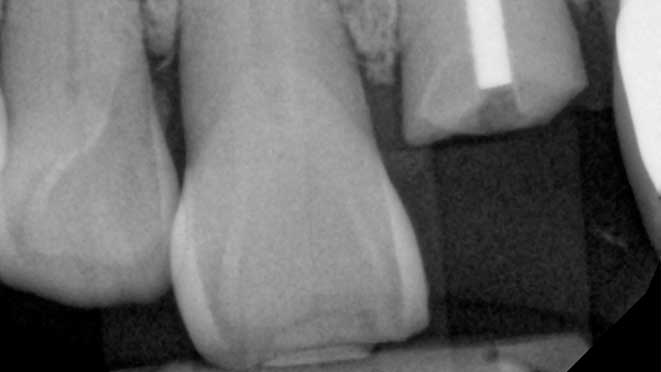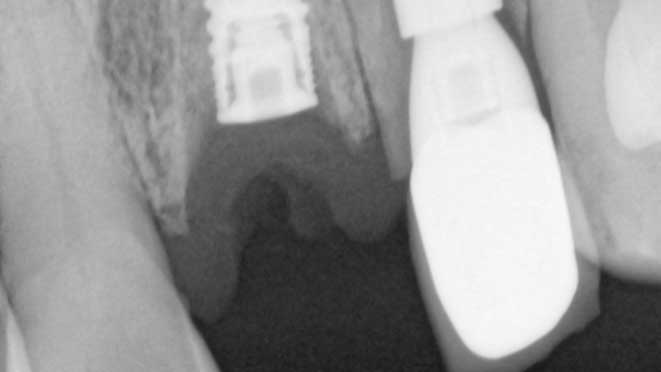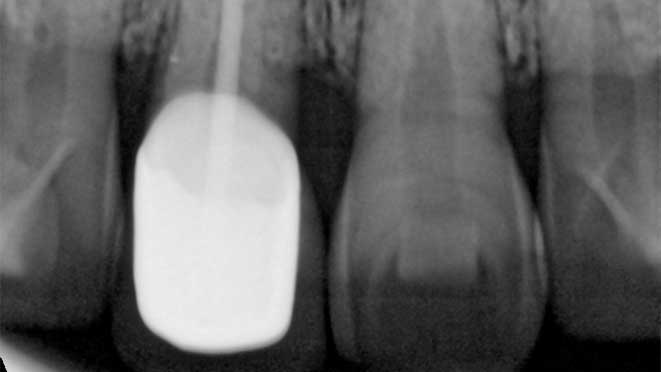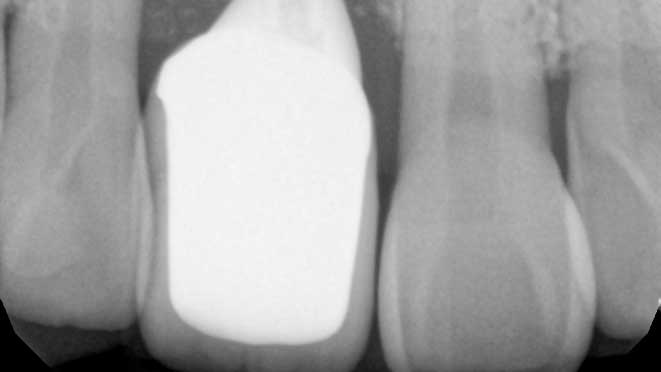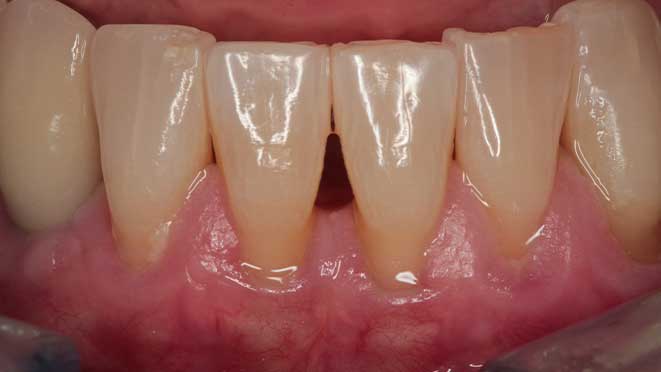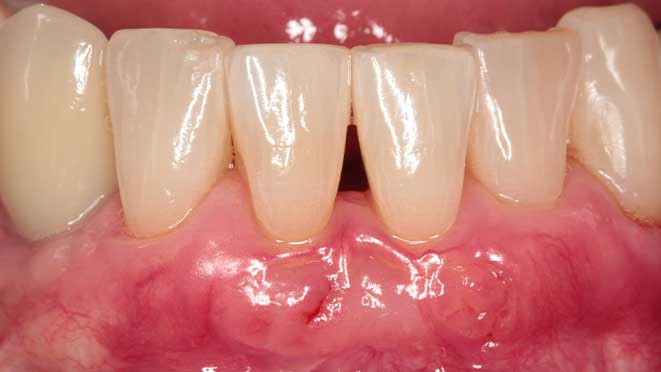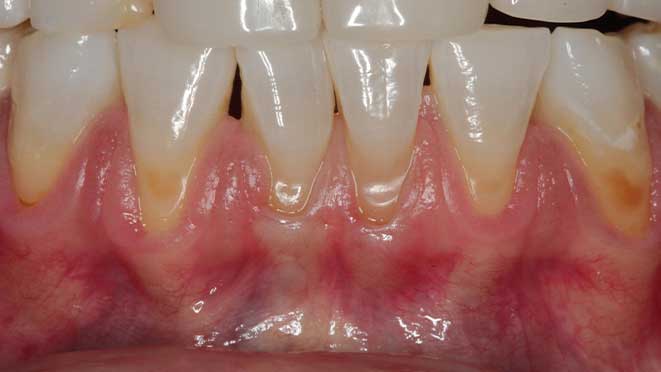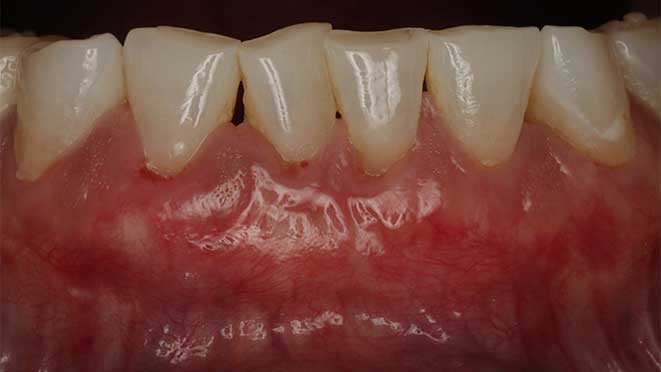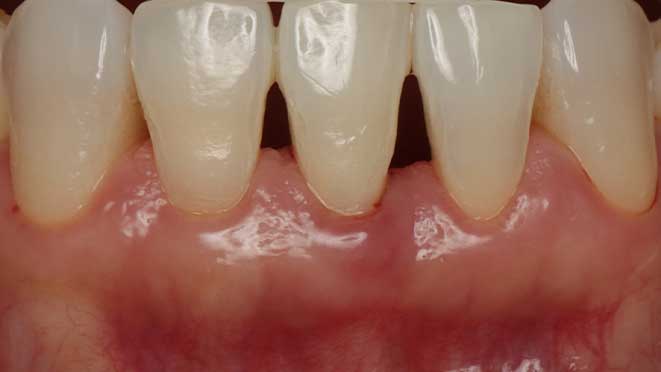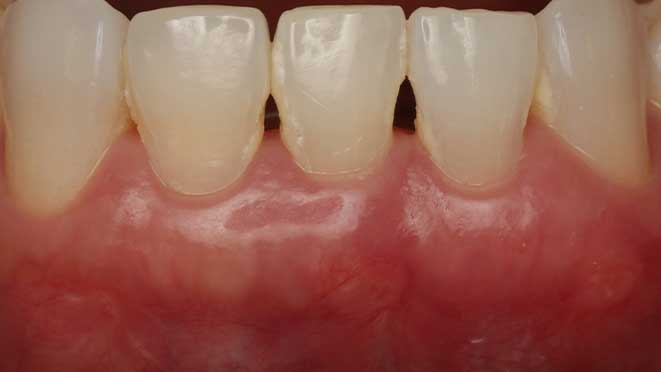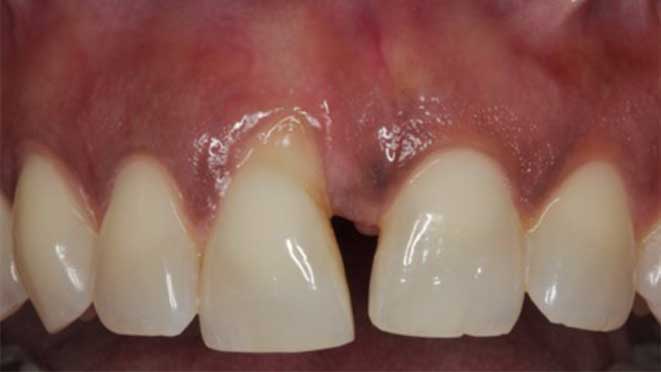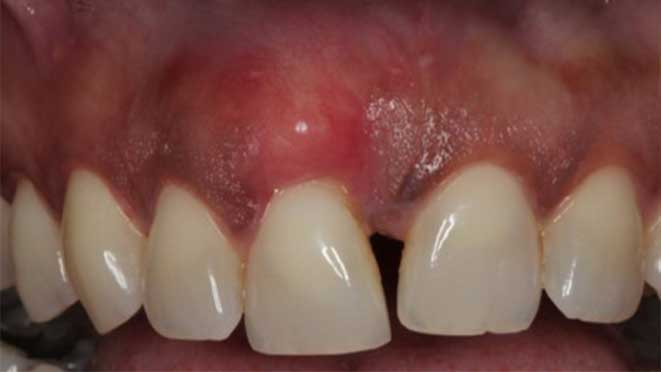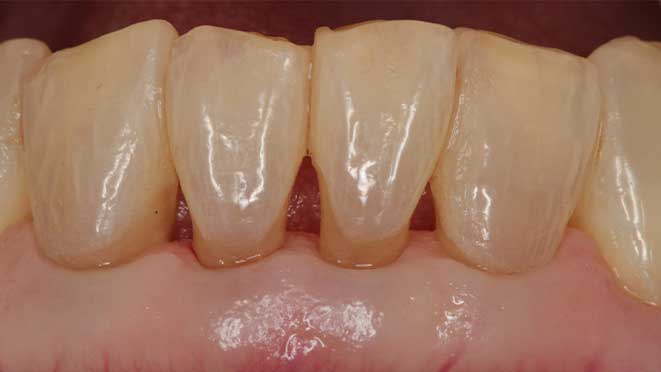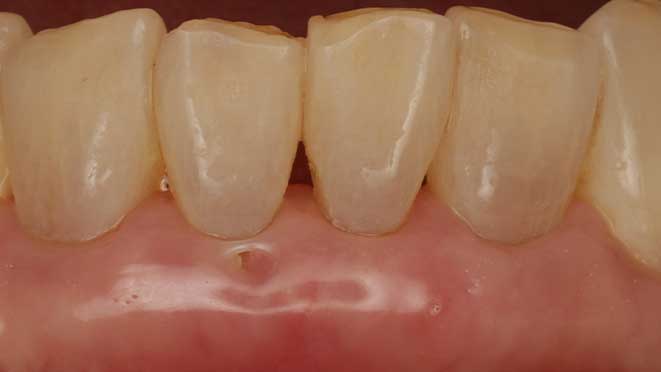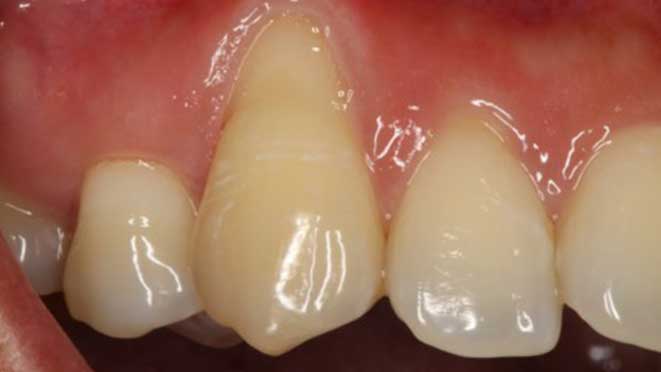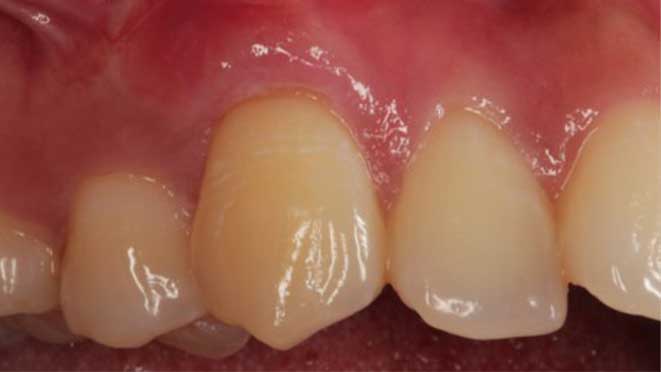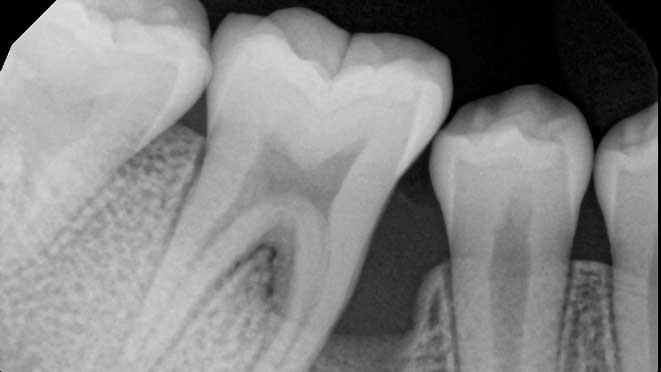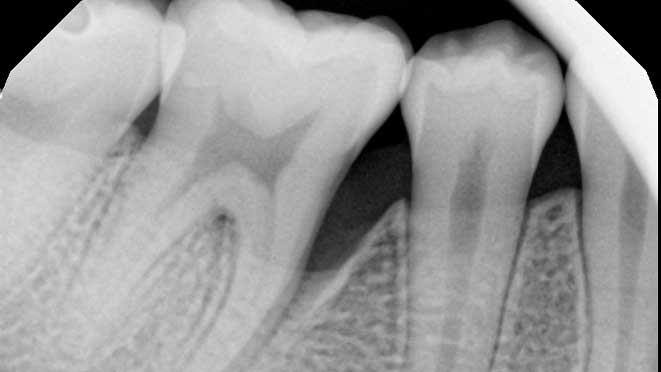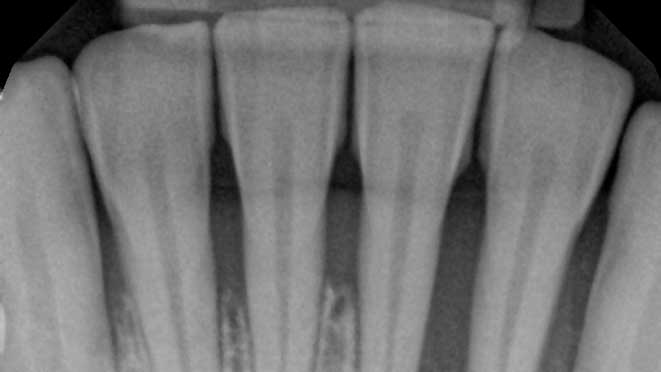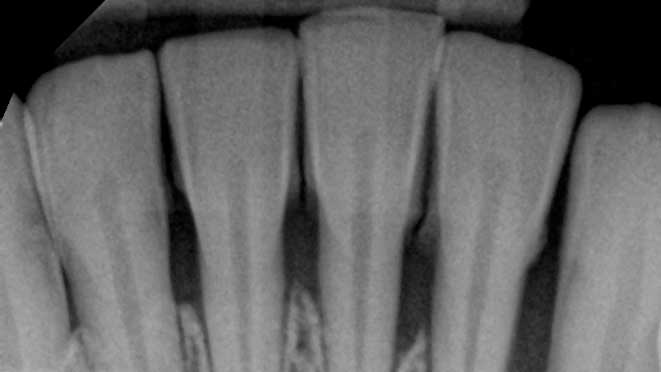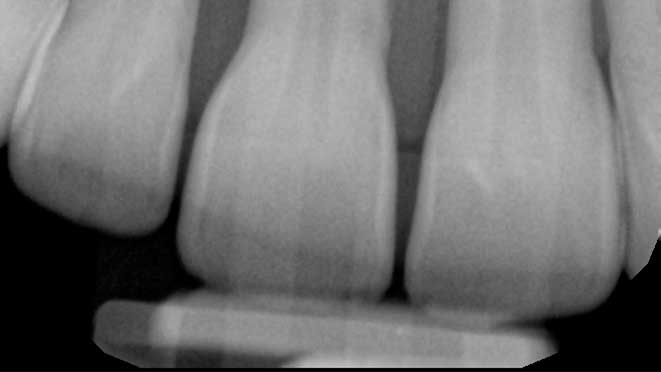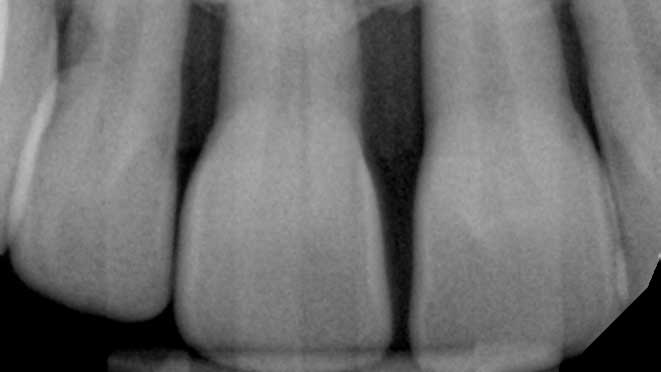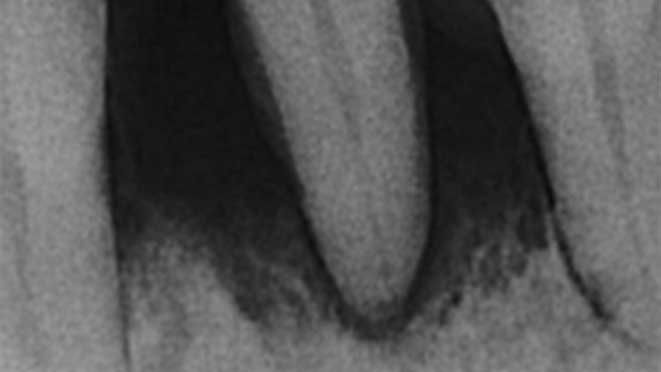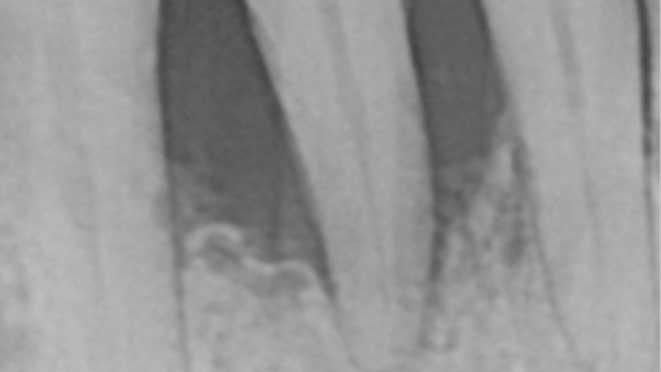Section II: The Link Between Gum Disease and Pre-Term and Low Birth Weight Babies
Research has shown that gum disease can have a significant impact on the outcomes of pregnancies. Pregnant women with gum disease are at higher risk of premature birth, low birth weight, and periodontal disease transmission to their newborns. There are several potential mechanisms by which gum disease affects pregnancy, including inflammation and bacterial infections in the gums that can lead to infections elsewhere in the body, such as the uterus. The good news is that gum disease is preventable and treatable, and with proper oral care during pregnancy, the likelihood of adverse outcomes can be significantly reduced.
Section III: Symptoms of Gum Disease
Symptoms of gum disease can vary from person to person. However, some common signs include swollen, bleeding, or receding gums, bad breath, and tooth sensitivity. If left untreated, gum disease can lead to tooth loss, bone damage, and a higher risk of systemic health conditions, such as heart disease and diabetes. Therefore, it is vital for pregnant women to recognize the signs of gum disease and to seek timely treatment.
Section IV: Importance of Preventive Oral Care During Pregnancy
Regular dental checkups before and during pregnancy can significantly reduce the risk of gum disease and other oral health problems. During checkups, dentists can detect and treat any potential issues, such as cavities, infections, and gum disease. It is essential to note that some dental procedures, such as routine cleanings and x-rays, are generally safe during pregnancy. However, elective procedures, such as teeth whitening or certain restorative treatments, should be postponed until after delivery. Additionally, eating a healthy diet rich in calcium, magnesium, and vitamin D can help build strong teeth and bones, and maintain good gum health.
Section V: Tips for Maintaining Good Oral Health During Pregnancy
Every pregnant woman can reduce her risk of gum disease by maintaining good oral hygiene. Brushing the teeth twice a day for two minutes with fluoride toothpaste, flossing at least once a day, and using mouthwash can help remove plaque and promote healthy gums. Avoiding sugary and acidic foods and beverages can also help protect the teeth and gums. Eating a balanced diet that includes plenty of fruits, vegetables, and whole grains can also help support overall oral health during pregnancy.
Conclusion:
In conclusion, maintaining good oral health before and during pregnancy is critical for a healthy baby. Pregnant women should prioritize oral care through consistent oral hygiene practices, regular dental checkups, and proper nutritional intake. Recognizing the symptoms of gum disease and seeking early treatment can significantly reduce the risk of adverse pregnancy outcomes. Healthy teeth are not just good for the mama - they are also essential for the healthy development of the growing baby.


